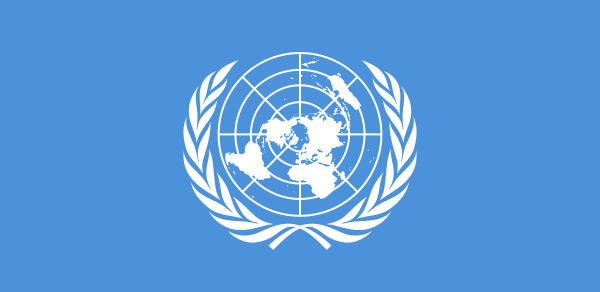The world’s population will grow by 2.2 billion between in 2050, the UN has said with sub-Saharan Africa contributing about 1.3 billion of the number.
The U.N. Population Fund’s (UNFPA) State of the World Population 2018 report 2018, released on Wednesday, observed limited access to healthcare and education, as well as “entrenched gender discrimination” in the region.
The 156 paged report titled “The Power of Choice: Reproductive Rights and the Demographic Transition,” noted that parents having smaller families has become a trend across most nations.
It however disclosed that women have four or more children in 43 countries, and 38 are in Africa.
In all but five East African countries, fewer than half of all women surveyed, said they would prefer not to have any more children, the report also said.
According to the report, Africa’s share of the world population will grow from 17 per cent in 2017, to 26 per cent in 2050.
It however, noted that “on the African continent, fertility rates were significantly lower in cities than in rural areas,” citing Ethopia as example. “In Ethiopia, women have around 2.1 children in cities, whereas they have around five in the rest of the country,” it said.
Monica Ferro, Director of UNFPA in Geneva, said the trend globally was toward smaller families, pointing out that more people are making choices about exactly how many children they want, or can afford to raise.
“No matter if it is a high fertility-rate country or low fertility-rate country, in both of them, you will find individuals and couples who say they don’t have the number of children they want.
“They either have too many or too few,” she said.
“Every year, 300,000 women die during pregnancy or childbirth because they have no choices in maternal health care. Every day, thousands of girls are forced into child and early marriage and are victims of female genital mutilation. They have no choices. In developing countries, 671 million women have chosen to use modern contraception. We know that 250 million in the developing world want to control their fertility and lack access to modern contraceptive methods,” Ferro, said.
The report, which encourages methods to delay or prevent pregnancies, according to a woman’s choice and interests, said that in sub-Saharan Africa, women’s rights were hampered by limited access to healthcare and education, along with “entrenched gender discrimination.”
READ ALSO: Senate screens Prof. Owasanoye for ICPC chairmanship
Dr. Natalia Kanem, UNPFA executive director wrote in the report “Choice can change the world.” It can rapidly improve the well-being of women and girls, transform families, and accelerate global development.”
The report also showed a link between conflict and insecurity with bigger families, with data showing that Afghanistan, Iraq, Palestine, Timor-Leste and Yemen have higher fertility rates than the overall average of 2.5 children per woman.
Ferro in the report said that in the nearly 25 years since the landmark International Conference on Population and Development was endorsed by 179 Governments, people’s reproductive rights have “substantially improved around the world”.
She noted that States agreed then that it was important for couples and individuals to decide the number, spacing and timing of their children, and that such decisions were made free from discrimination, coercion or violence.
The report stressed maternal healthcare, better sex education, access to contraceptives and a change in female stereotypes as ways to reduce birth rates.
It acknowledged, though, that some developing countries do not have the resources or political security to improve reproductive rights.











